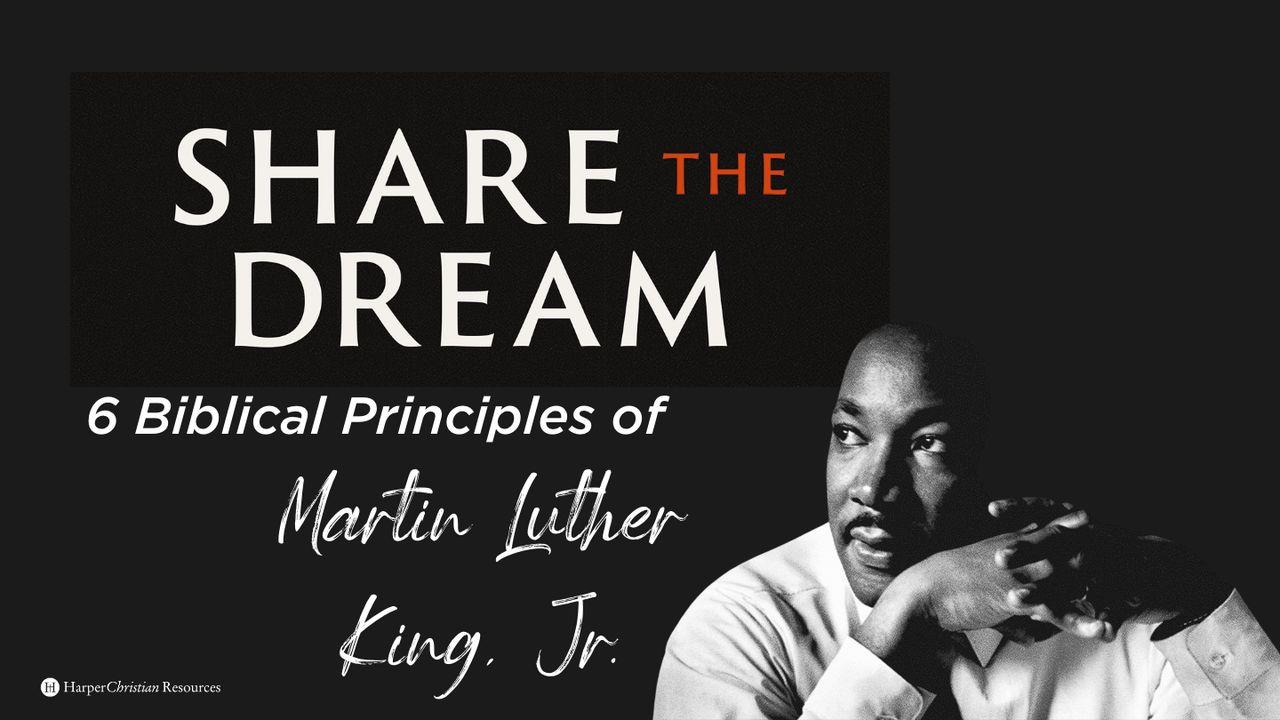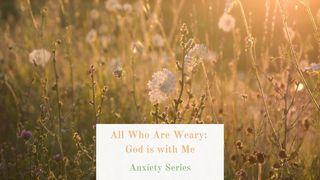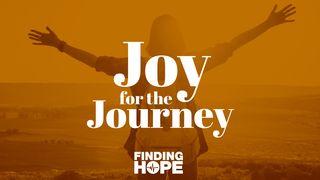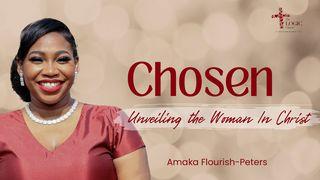6 Biblical Principles of Martin Luther King JrPrøve

READING
Today’s Scripture reading includes strong language from God. God “hates” the Israelite’s religious festivals. Their assemblies are a “stench.” God calls their songs “noise” and says he “will not accept” their offerings. What gives? The Israelites weren’t perfect, but wasn’t there at least a little bit of good in their worship? They may have had societal problems, but surely God could’ve acknowledged the few things they were doing right—right?
In Amos’s day, Israel was marked by religiosity, systematized injustice, exploitation, and idolatry. It’s easy to see parallels between this ancient society and our own. Modern society is struggling with many of the same problems and a host of others. So, how does God see our worship today? Is it possible that God sees our religious practices as a “stench” too?
Unfortunately, the answer might be yes. These verses reveal how upset God becomes when injustice is unchallenged by his people. We may practice our religion with daily quiet times and Sunday morning services, but if we allow injustice to flourish in our society, or if we participate in systemic oppression, then even our best tries at religion may not be accepted by God.
In Scripture, God consistently longs for social action to flow from changed hearts. Jesus taught that all the law and the prophets “hang on” two great commandments: “Love the Lord your God” and “Love your neighbor as yourself” (Matthew 22:36-40). He also condemned religiosity (Luke 11:37-52). And in numerous parables—like the good Samaritan—he helps us imagine the Kingdom of God, where what is wrong is made right. God cares deeply about changed hearts fighting for justice.
Do you have a heart changed by the love of God? If so, that’s wonderful! The question is, how will you challenge injustice in your community as a result of God’s love for you? Draw on his justification of you and seek justice for those around you.
REFLECTION
During Amos’s day, Israel was guilty of exploiting the poor (Amos 2:6-7) and building opulent homes with the wealth they gained (Amos 3:14-15). What are similar systems in society today?
James described religion God accepts as looking after the marginalized and keeping oneself from becoming “polluted by the world.” Read James 1:22-27 this week and prayerfully consider your religious practices.
PRAYER
Dear God, please forgive me for the times I have not sought justice for others when I could have. Help me to act on your love for me by challenging injustice. Thank you for caring so much about the oppressed. I love you and I will strive to love my neighbor. Amen.
Skriften
Om denne planen

Look at six biblical principles that shaped Dr. King’s life and motivated him to speak on behalf of African-Americans in the Civil Rights Movement: love, conscience, freedom, justice, perseverance, and hope. You can better understand, live, experience, and ultimately form a community around the unifying principles at the heart of the dream to which Dr. King dedicated his life. Adapted from Share the Dream Bible Study.
More









